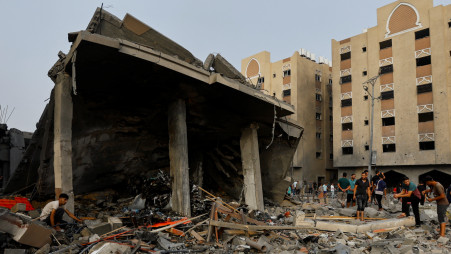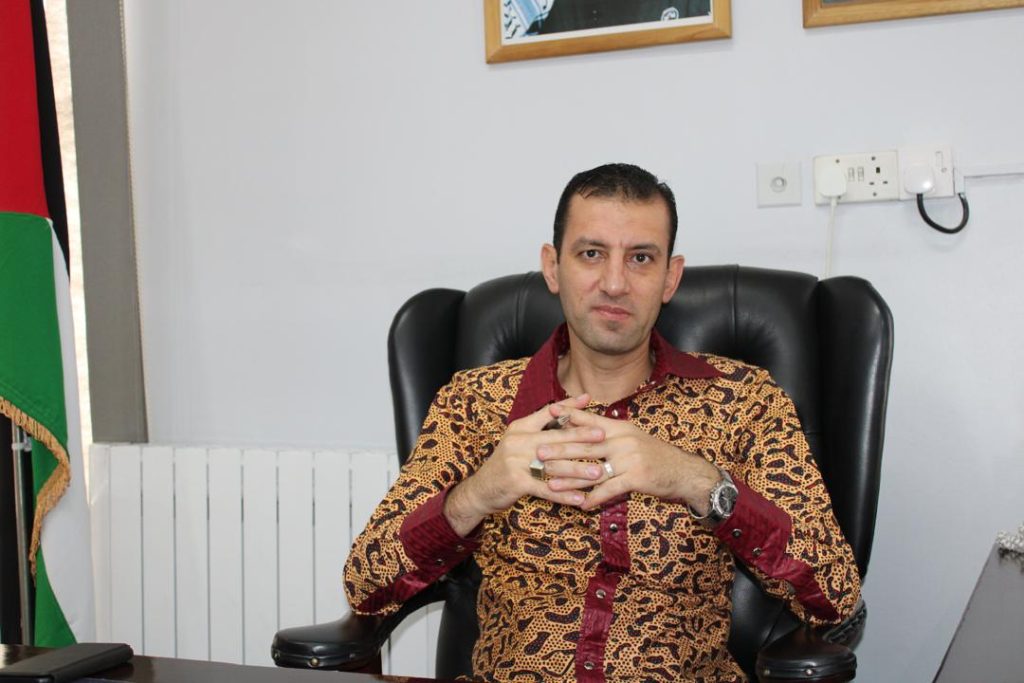
By George Swarei
The streets of Gaza are a testament to the devastating consequences of conflict and neglect. The scale of destruction is staggering, with rubble and garbage strewn everywhere, and a severe shortage of clean drinking water. The situation is dire, and the people of Gaza are struggling to survive.
Scott Anderson, Director of UNRWA Affairs in Gaza, paints a bleak picture of the reality on the ground. “The scale of destruction is like something out of a dystopian science fiction movie set,” he says. “There is rubble everywhere, there is garbage everywhere, and there is not enough clean drinking water for people.”

The Gaza Strip, home to over 2 million Palestinians, has been under Israeli blockade since 2007. The restrictions on movement and access to resources have had a crippling effect on the economy and infrastructure. The situation has been exacerbated by repeated conflicts, including the 2014 war, which left widespread destruction in its wake.
Today, Gaza’s infrastructure is on the brink of collapse. The power grid is struggling to cope with demand, leaving many without electricity for hours on end. The water treatment plants are unable to function properly, resulting in a severe shortage of clean drinking water. The streets are filled with garbage, and the once-beautiful beaches are now polluted with sewage.
The humanitarian situation is equally dire. Over 70% of Gaza’s population relies on international aid to survive. The unemployment rate is sky-high, and poverty is rampant. The psychological toll of living under constant bombardment and siege is evident in the faces of the people.

Despite the challenges, the people of Gaza remain resilient. They have adapted to the harsh conditions, finding ways to survive against all odds. But the situation is unsustainable, and something needs to be done to address the root causes of the crisis.

Ambassador Tamer Almassri
Ambassador Tamer Almassri, Palestinian Envoy to Harare who has long advocated for an end to the blockade, notes that “the situation in Gaza is a symptom of a larger problem – the lack of a political solution to the Israeli-Palestinian conflict. Until we address the underlying issues of occupation, settlements, and borders, the people of Gaza will continue to suffer.”
The international community has a responsibility to act. The blockade must be lifted, and the restrictions on movement and access to resources must be eased. The people of Gaza deserve the chance to rebuild their lives and their economy.
As Scott Anderson says, “The people of Gaza deserve better. They deserve to live in dignity, with access to basic human rights like clean water and electricity. It’s time for the international community to take action and help Gaza rebuild.”

